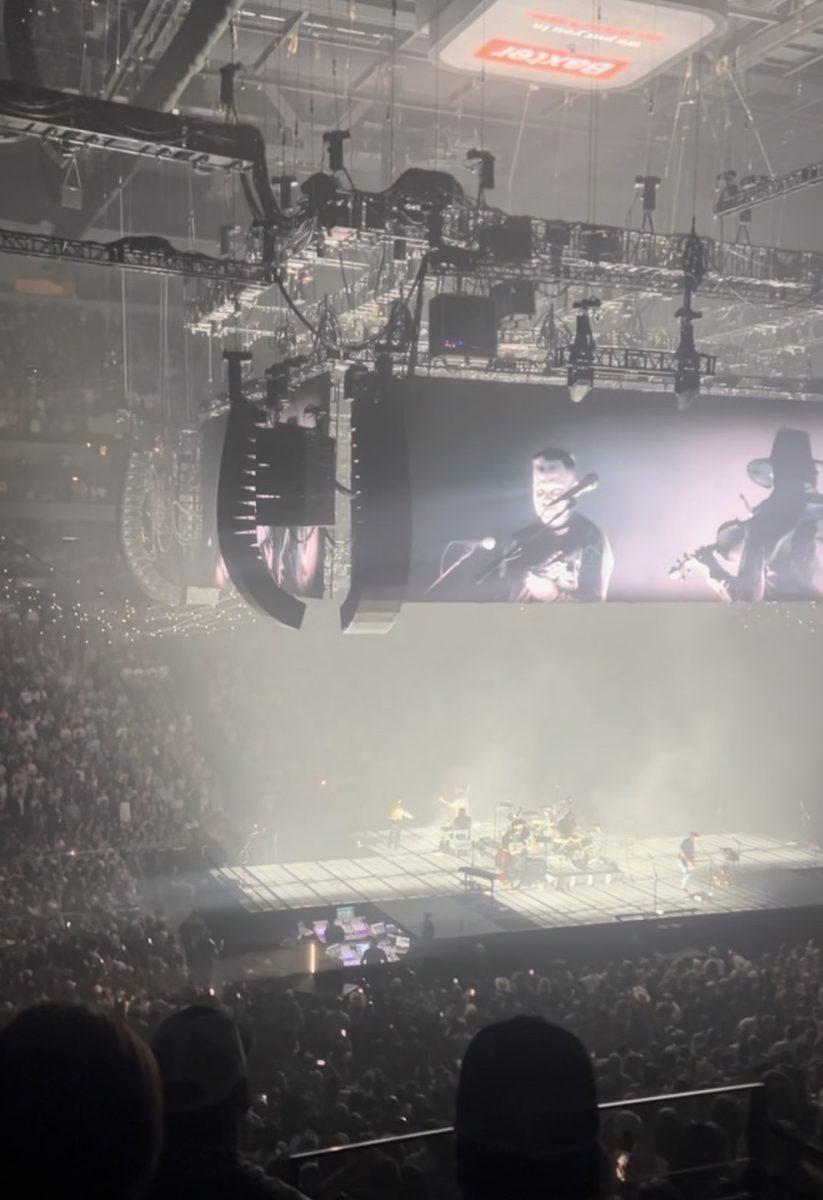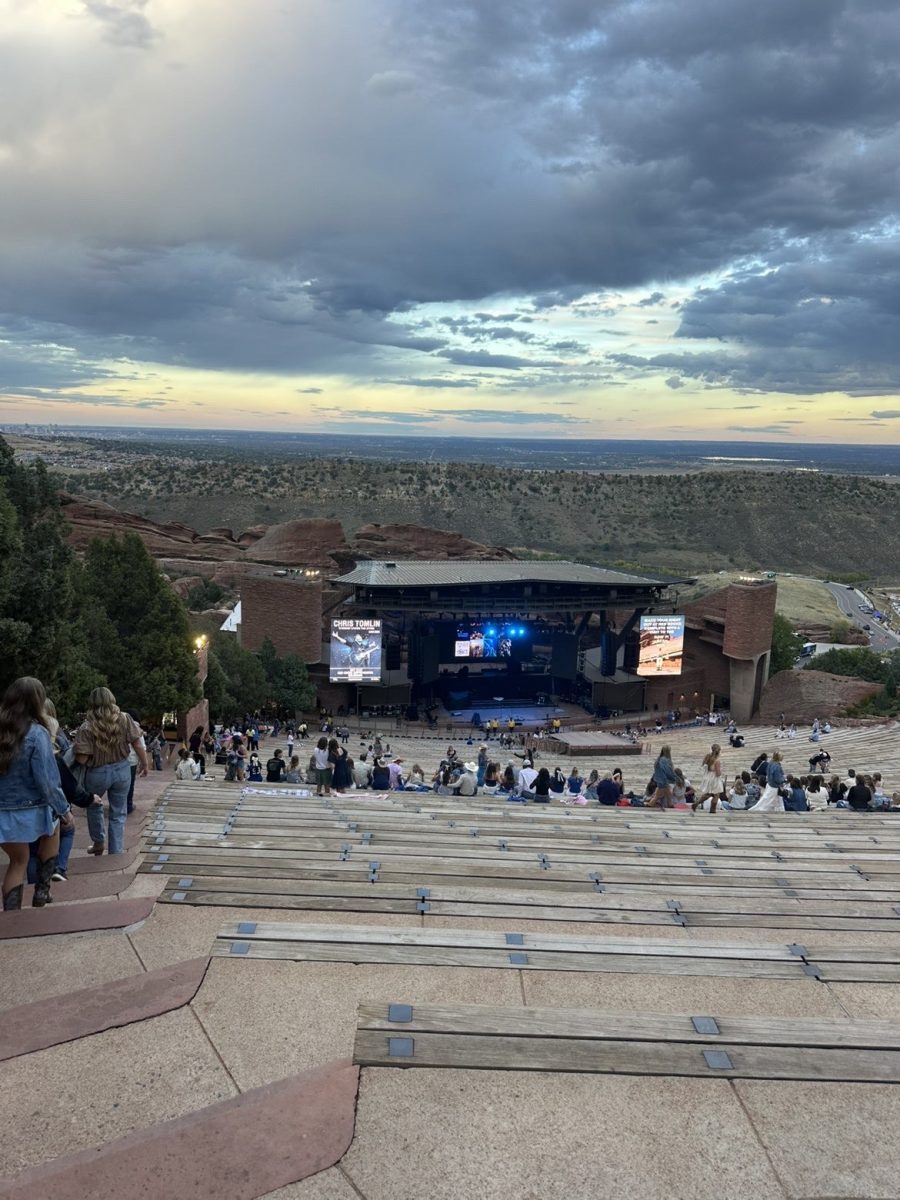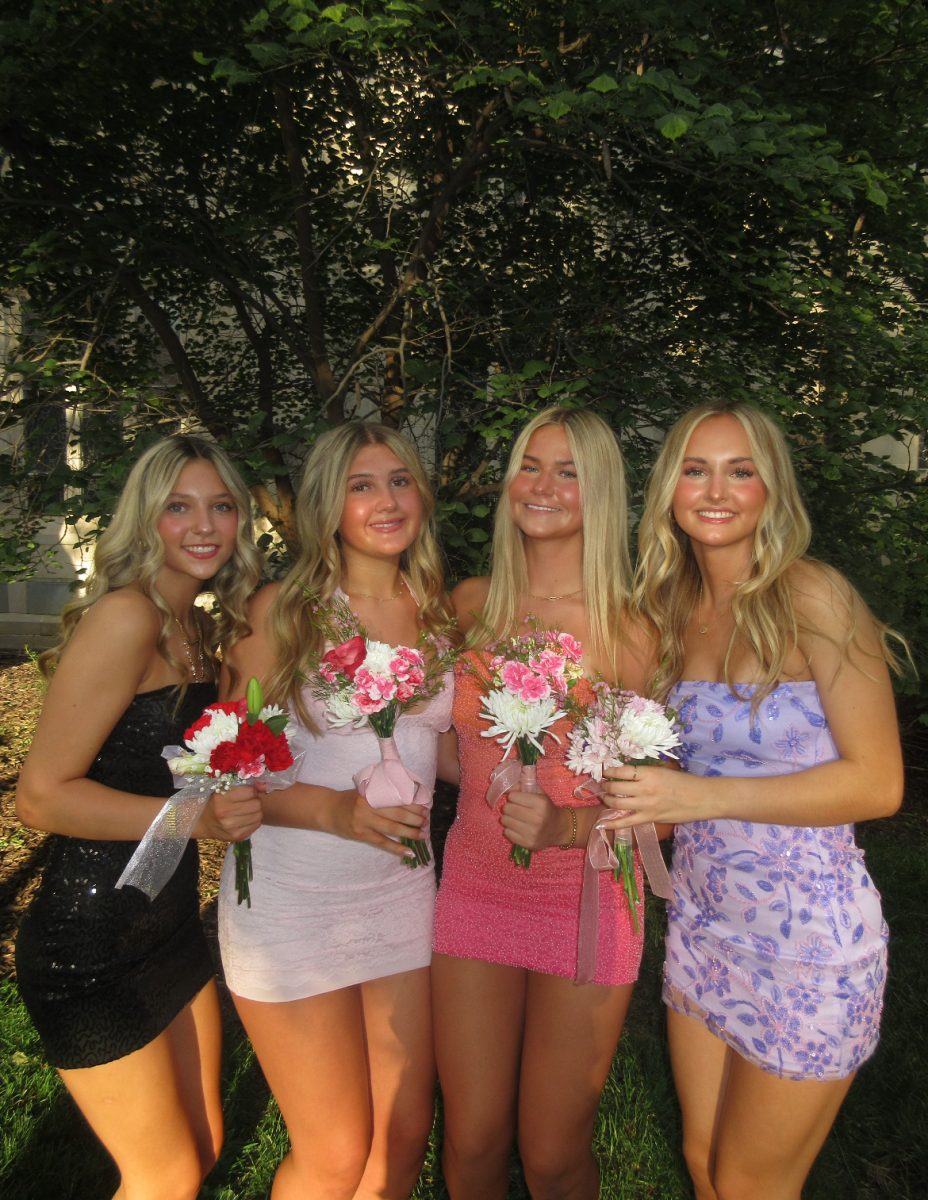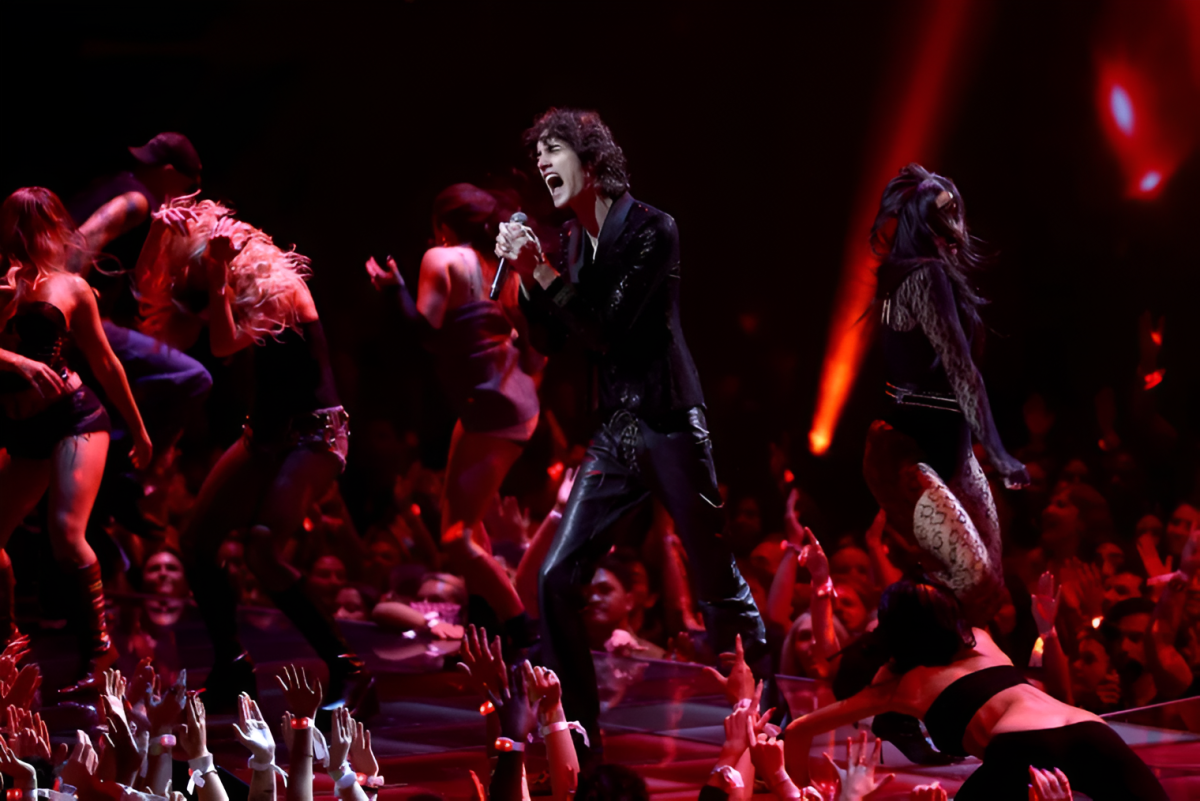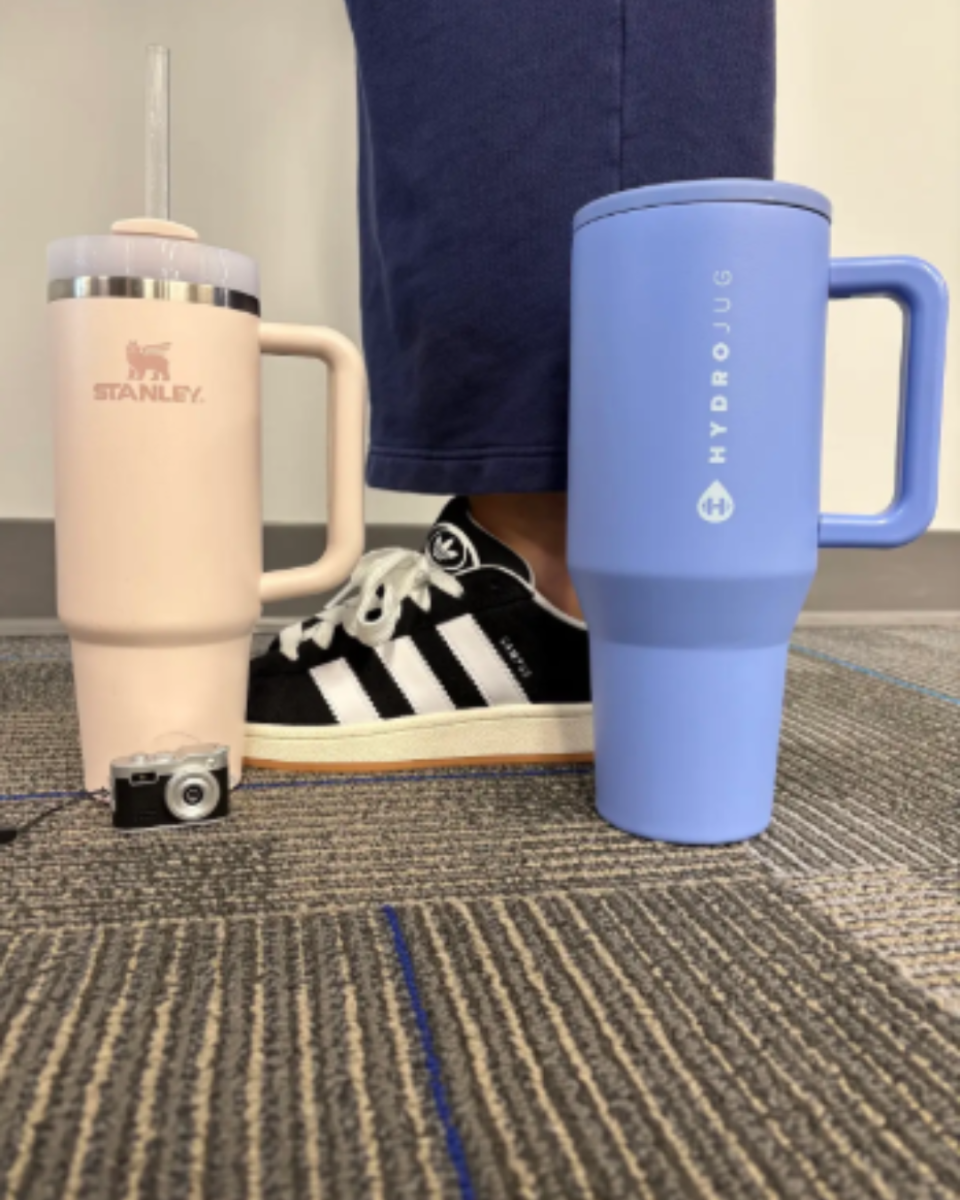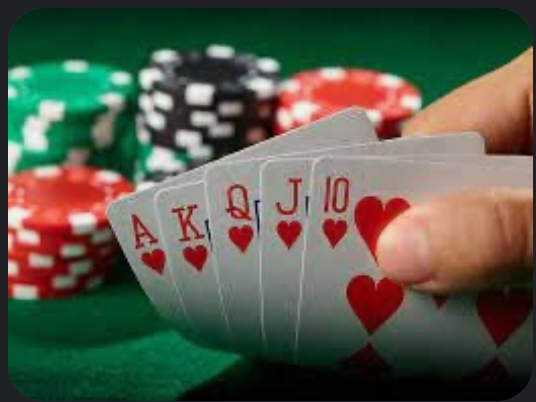
This year, many high school teenagers have taken an interest in poker. The fascination with poker has grown rapidly.
Playing cards has become more popular after the movie “Rounders” was released, it shows how a really good poker player, who is in debt with the Russian Mafia, makes a lot of money by playing against many different people. The movie caught the tension and energy of the game, which led to it getting more attention.
Some players have started because of an older sibling or parents who play, and thought it could be fun. Others play because most of their friends are, so in order to not be excluded, they play.
When gambling, the “feel-good” neurotransmitter called dopamine makes you feel excited. Dopamine is expected to make someone feel excited when they win, but it also produces when they lose. Once they rush through, a person will do almost anything to get that feeling back.
Research from the Gateway Foundation shows that most people with a gambling addiction have less activity to their prefrontal cortex of the brain. This also explains why the people with a gambling problem have less impulse control; they do not always consider the cost of gambling so they swiftly dig themselves into a big hole.
“Poker is just like a business, and everyone wants to gamble and see what could happen,” sophomore Tyler Cooney said. “Even if they know that the chances are very low, they still want the satisfaction of winning.”
There are always risks to gambling because when someone loses a lot of money, there is an awful feeling that comes with it. This feeling influences decision making, so all you want to do is earn more money and gamble more often.
“The game is so fun because of the go big or go home mindset,” Cooney said later on. “Either people win a lot of money and have a successful night or you lose almost all of it and want to get back in the game and at least finish even.”
During the after party of prom, volunteers set up several poker tables along the mezzanine in the gym. The players did not use any of their own money, but they did compete for it. First place prize was $150, second place $100, and third $50. The tables stayed full. The passion for the game is rising for teenagers.





